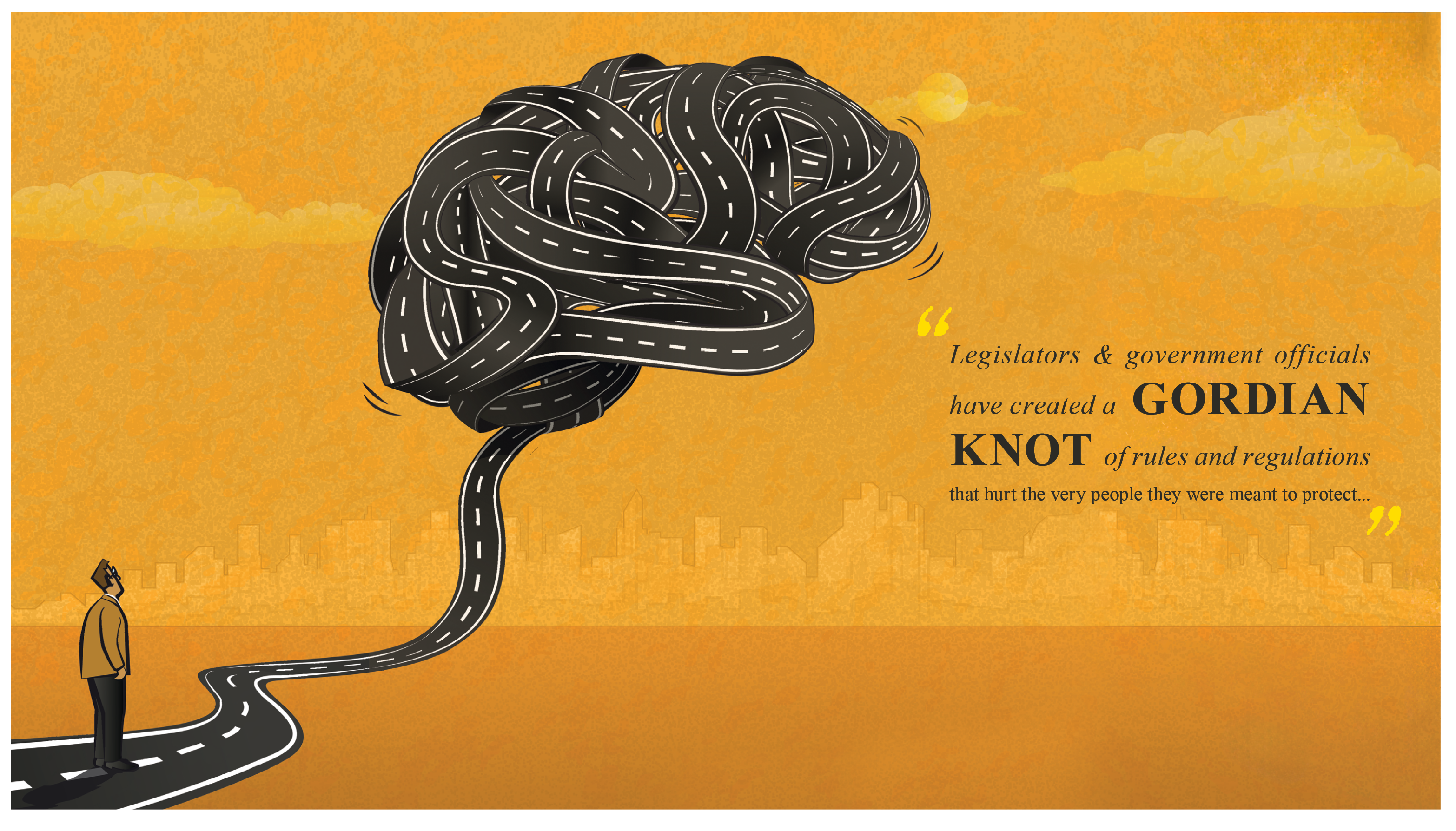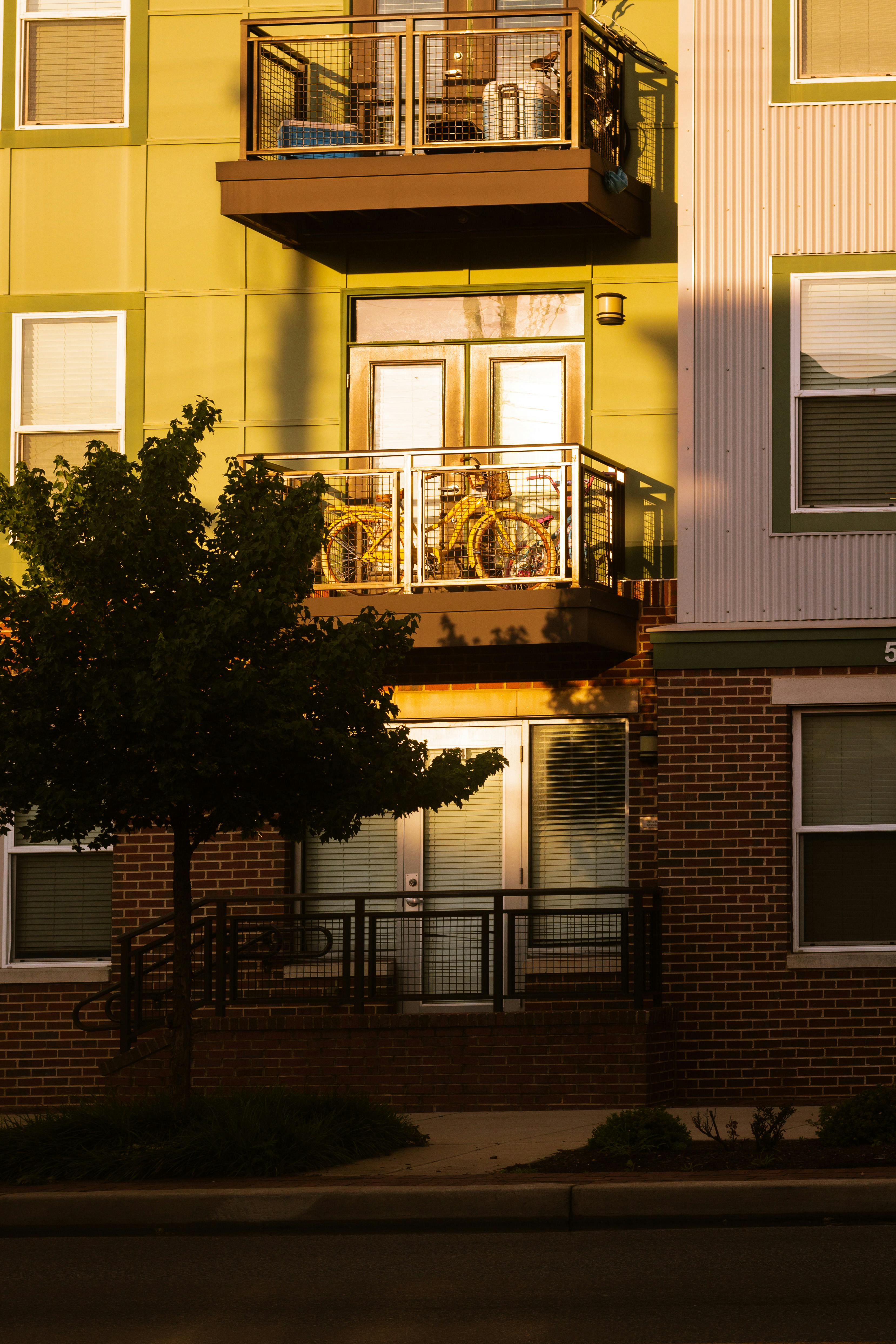The Heart of Housing PT 3: A Safe Place to Call Home
In the third installment of our series, "The Heart of Housing," we examine the inexorable link between timely evictions, tenant safety, and operational sustainability for housing providers. This critical issue affects both for-prof it and non-profit housing providers and the tenants they serve. Legislators and government officials have created a Gordian knot of rules and regulations that hurt the very people they were meant to protect, inhibit the construction of needed affordable and market-rate units, and create unsafe environments. To help our industry, communities, and tenants, we need a drastic overhaul of this regulatory burden—a fact so clear that diverse stakeholders from both sides of the Cascades are asking for the same thing. Without further ado, here is "The Heart of Housing Part 3: A Safe Place to Call Home."
IMPACTS OF DELAYED EVICTIONS ON RENTAL HOUSING PROVIDERS
The inability to evict tenants or unauthorized occupants in a timely manner has significant and multifaceted impacts on rental housing providers, affecting financial stability, property maintenance, and the overall safety and well-being of residents. Both private market rental housing providers and nonprofit low-income housing providers have a duty and desire to provide safe and stable housing for their tenants. However, achieving this goal requires reforms in eviction laws and tenant safety measures.
FINANCIAL STRAIN AND MAINTENANCE CHALLENGES
One of the most immediate impacts of delayed evictions is financial strain. When tenants fail to pay rent, housing providers experience a significant loss of income, which is crucial for maintaining and developing housing units. For example, in Seattle, the total rent debt among tenants is estimated at $170 million, predominantly from low-income households. Nationally, this figure reaches almost $10 billion. Both for-profit and non profit housing providers are hard hit, as they rely heavily on rent to cover operating costs, including maintenance, insurance, security, staffing, and overhead.
The Low Income Housing Institute, a major provider of affordable housing, reported a nearly sixfold increase in tenants with more than $500 in over due rent over four years. Sharon Lee, Executive Director of the Low Income Housing Institute, emphasized the severity of the situation, stating, “Excessive rent loss will decimate Seattle’s community of nonprofit housing providers. We will not have the financial resources to maintain the housing, make mortgage payments, or meet the obligations of our lenders.”
Even before the pandemic, low-income housing providers had been sounding the alarm on rising costs for insurance, security, staffing, and overhead. The pandemic further squeezed providers, requiring additional maintenance and installations such as air purifiers and windows.
The rising costs of deferred maintenance and pandemic-related expenses further exacerbate the financial challenges, threatening the viability of both nonprofit and for-profit housing providers and their mission to support low-income and homeless populations.
LEGAL AND OPERATIONAL COMPLEXITIES
Washington State's right-to-counsel law, which guarantees tenants facing eviction the right to an attorney if their income falls below 200% of the federal poverty line, has significantly altered the eviction process. This law, effective since 2021, was the first state wide measure in the country to guarantee this right. The King County Bar Association’s Housing Justice Project reported that the involvement of tenant attorneys has prevented final eviction orders in a majority of cases, but it also means that eviction proceedings are more drawn out, increasing legal costs for landlords.
This law has made evictions too difficult and time-consuming, with cases often being postponed to allow ten ants to secure legal representation. Eric Steven, an attorney representing many landlords in Spokane, including those who provide federally subsidized housing, noted, “The tenants’ attorneys often seek to drag cases out rather than reach an accommodation with the landlord to resolve the matter more quickly or to find services for the tenant.”
This delay is particularly problematic when dealing with tenants who are committing crimes or posing a danger to others, as it hinders the ability to promptly address these issues and protect other residents. Rob McCann, President and CEO of Catholic Charities Eastern Washington, highlighted the impact on their operations, stating, “The changes in the eviction process—and specifically the longer time frame for evicting a tenant who is committing crimes or creating a danger to themselves or others—has been driving up our legal costs significantly and made it hard to protect the majority of tenants when a bad one presents an ongoing danger.”
SAFETY AND LIABILITY CONCERNS
The case of Brady v. Whitewater Creek, Inc. highlights the legal uncertainties and potential liabilities that landlords face even when they are unable to evict a tenant or unauthorized occupant. In this case, the court held that the property management company had a duty to protect a tenant from foreseeable criminal conduct by a third party, even though the company argued it had no special relationship with the attacker.  Brady v. Whitewater Creek, Inc.: In this case, the Washington Court of Appeals determined that landlords have a duty to protect their tenants from foreseeable criminal conduct by third par ties. The case involved Aleta Brady, a tenant who was raped in her apartment after a man scaled the building and entered her unlocked balcony door.
Brady v. Whitewater Creek, Inc.: In this case, the Washington Court of Appeals determined that landlords have a duty to protect their tenants from foreseeable criminal conduct by third par ties. The case involved Aleta Brady, a tenant who was raped in her apartment after a man scaled the building and entered her unlocked balcony door.
The court found that Whitewater Creek, the property management company, had been previously alerted to a similar incident where a person was seen attempting to climb into a second-floor balcony. This prior incident was deemed sufficient to make the risk foreseeable. The court held that be cause Whitewater had knowledge of the potential risk, it had a duty to warn tenants about the possibility of some one accessing upper-floor balconies and to take reasonable steps to prevent such intrusions. The court concluded that Whitewater's failure to warn ten ants and provide adequate protection could be seen as a breach of duty, leading to potential liability for the tenant's injuries. The court reversed the summary judgment that had been in favor of Whitewater, allowing the case to proceed to trial.

